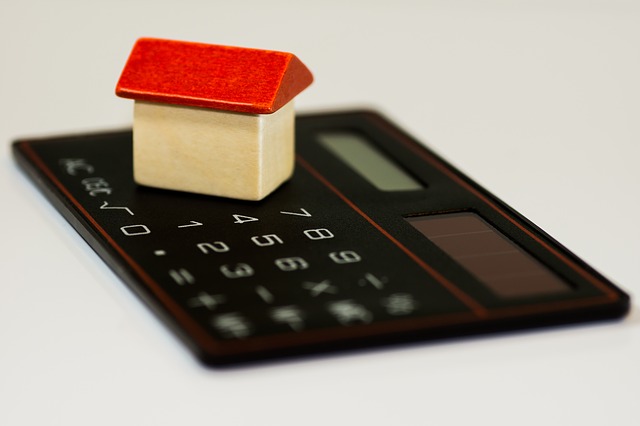5 Options To Consider When Your Appraisal Comes In Low
 Yikes! You are set on buying the home that you picked out and the appraisal comes back at a lower amount than the amount needed for the home loan to be approved. What do you do? After you calm down your significant other and then take three deep breaths, here are some options to consider.
Yikes! You are set on buying the home that you picked out and the appraisal comes back at a lower amount than the amount needed for the home loan to be approved. What do you do? After you calm down your significant other and then take three deep breaths, here are some options to consider.
Request A New Appraisal
Appraisals are only one person’s professional opinion. There are rules that must be followed when making an appraisal; however, there is still some flexibility in how to apply the rules. Check the comparables (also called “comps”) that the appraiser used as the basis for setting the appraised value.
There usually have to be at least three houses that are a similar size, similar age, have a similar condition, and are located in a similar neighborhood. If the home that you want to buy just had major renovation with a lot of work done on it, the appraiser may have missed this and should add more to the appraisal for the home having a better condition than the comparables.
Check to determine if any of the comparables are wrong. For example, if the appraiser uses a home that is in poor condition that may cause the appraisal to be too low. When there is another choice of a home in a better condition, which is more similar to the one being sold, the appraisal might be higher.
If you find problems with how the appraisal was done, request a review from your lender and see if they will allow you to pay for a second appraisal. Getting a new appraisal with a higher value is the easiest way to fix this problem.
If that does not work, then you can try these other options:
Negotiate With The Lender
Some lenders may cooperate with a loan restructuring if you qualify for a program with a higher loan-to-value (LTV). This may also require private mortgage insurance (PMI) if your loan amount exceeds 80% of the appraised value of the home. Working with your trusted mortgage professional can lead to unexpected options to get your home purchase completed.
Negotiate With The Seller
Trouble may come up if an appraiser cannot find comps that meet the selling price of the home. This may be caused by the home having unique qualities, a market that does not have other homes like it, or possibly that the sale price is more than the home is actually worth. If the price of the home is actually too high based on the appraisal, the seller might lower the sales price in order to keep the transaction together.
Increase Your Down Payment
If the amount of the difference is small and you can cover it, you can still proceed by taking a lower amount for the loan and adding money to your down payment to make up the difference.
Find Another Home To Buy
Your purchase offer should be subject to obtaining financing. If the appraisal comes in low and that prevents you from obtaining financing at the original sales price, you likely will be able to cancel the purchase agreement without penalty and search for a new home.
Your trusted home mortgage professional is well-versed in these types of issues and ready and willing to assist you with your successful home purchase transaction.

 Whether you’re finally prepared to get into the real estate market or you want to know how you can make a deal quick, there are a few necessary documents you’ll need to prove your reliability to a mortgage lender.
Whether you’re finally prepared to get into the real estate market or you want to know how you can make a deal quick, there are a few necessary documents you’ll need to prove your reliability to a mortgage lender. Having an excellent credit score is very useful. The following are some tips on how to maintain a superb credit score.
Having an excellent credit score is very useful. The following are some tips on how to maintain a superb credit score. Are you planning on using a mortgage to help cover the cost of a new home? If so, you will want to prepare your finances and figure out how you will manage all those wallet-draining monthly expenses. Let’s take a look at how to run a quick financial health check to ensure you are ready to apply for a mortgage.
Are you planning on using a mortgage to help cover the cost of a new home? If so, you will want to prepare your finances and figure out how you will manage all those wallet-draining monthly expenses. Let’s take a look at how to run a quick financial health check to ensure you are ready to apply for a mortgage. When used as a part of an effective real estate investment strategy, hard money loans are an excellent tool to quickly increase holdings without risking existing properties. However, these loans aren’t for everyone.
When used as a part of an effective real estate investment strategy, hard money loans are an excellent tool to quickly increase holdings without risking existing properties. However, these loans aren’t for everyone.